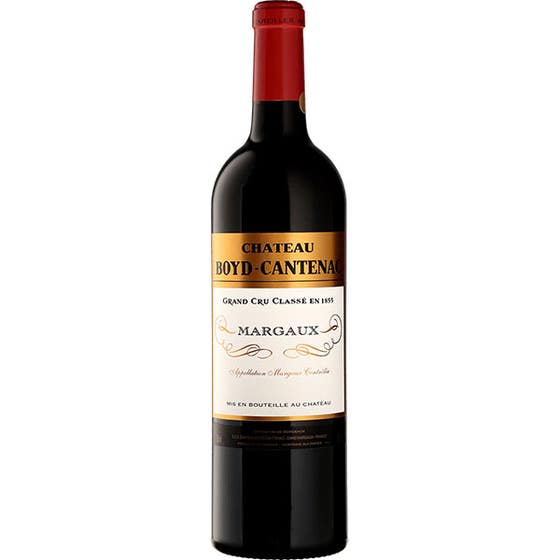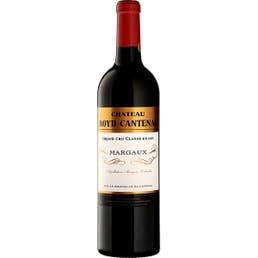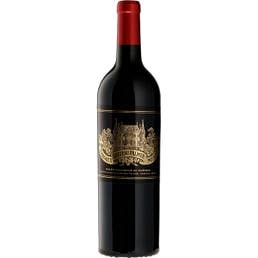Château Boyd-Cantenac 2014
• Domaine: Château Boyd-Cantenac
• Appellation: Margaux
• Classification: Third Growth, 3ème Grand Cru Classé
• Origin: Left Bank, Bordeaux, France
Château Boyd-Cantenac is one of those Bordeaux producers that savvy buyers consistently keep an eye out for in today’s exorbitantly priced wine market. The property is one of the smaller Third Growth classified estates with less international exposure, and this is why the wines are often such a great value.
The Château was founded by Jaques Boyd in 1754. It is one out of four Châteaux in Bordeaux that bears a distinctly Irish name. This is to reflect the influx of Irish immigrants that came to Bordeaux in the mid 1700s. Boyd had earned his fortunes as a wool merchant in Ireland. In the 18th Century as protectionist tariffs from England increased, Jaques decided to venture into the wine trade by acquiring this Margaux property. Almost five decades passed until the estate changed hands and was acquired by John L Brown. Boyd and Brown were close friends, but eventually had a falling out.
After the estate was classified as a Third Growth property and acquired by Abel Laurent, Château Boyd-Cantenac temporarily ceased production because the harvest from their vineyards was used for his other estates’ wines. Château Boyd-Cantenac rebounded in 1921 under the direction of Marcel Laurent and eventually became property of the Ginstet family. The Ginstet family was a well-known and established family in Bordeaux, famous for owning the top First Growth Estate, Château Margaux. Due to the Great Depression, Château Boyd-Cantenac was forced to sell off several parcels of the estate. They had no facility to vinify their wine, and for several years, they were forced to make wines at Château Lascombes.
A hundred years later, the Château Boyd-Cantenac has rebounded tremendously. This small, 17-hectare vineyard is planted with 60% Cabernet Sauvignon, 25% Merlot, 8% Cabernet Franc, and 7% Petit Verdot. Before the 1855 Classification, they had rare, pre-phylloxera varietals like Tarney Coulant. These vines are 42 years old on average and thrive in the silecous gravels that are typical of Margaux. No chemical fertilizers are used here, because maintaining the biological equilibrium of the estate is important to the viticultural team. The vines are all pruned manually in the winter and harvested manually, with Merlot being the first to be picked. Vinification takes place in stainless steel, temperature-controlled tanks and concrete vats. The wines are aged for 12 to 18 months in oak. The percentages of New Oak depend on the needs of each vintage, but generally range from 60-80%.
The wines from Château Boyd-Cantenac can be enjoyed on the younger side, with one to two hours of decanting. Over the last twenty years, Château Boyd-Cantenac has produced wines that are darker and more intense than the traditional elegant, more floral, expressions of Margaux. The wines of Château Boyd-Cantenac are typically easier-drinking expressions of Bordeaux, great for buyers who are looking for an introduction to this region. Critical reception has warmed to this estate, and in the case of true knockout vintages these wines are often considered sleeper hits.
Tasting Notes
"The 2014 Boyd-Cantenac has a more outgoing and expressive bouquet than its peers, a little heavy on the new oak that with aeration dominates the fruit. The palate is medium-bodied with bright red berry fruit, well judged acidity but lacking real complexity and terroir expression whilst the finish is short. Not a bad Margaux, but it does not merit superlatives. Tasted blind at the annual Southwold tasting." - Neal Martin, vinous.com (03/2018), Rating: 89, Drink: 2019-2040
| LWIN | 1007244 |
|---|---|
| Stock Status | In Stock |
| Appellation | Margaux |
| Vintage | 2014 |
| Brand | Chateau Boyd-Cantenac |
| Shipping Weight | 3.000000 |








